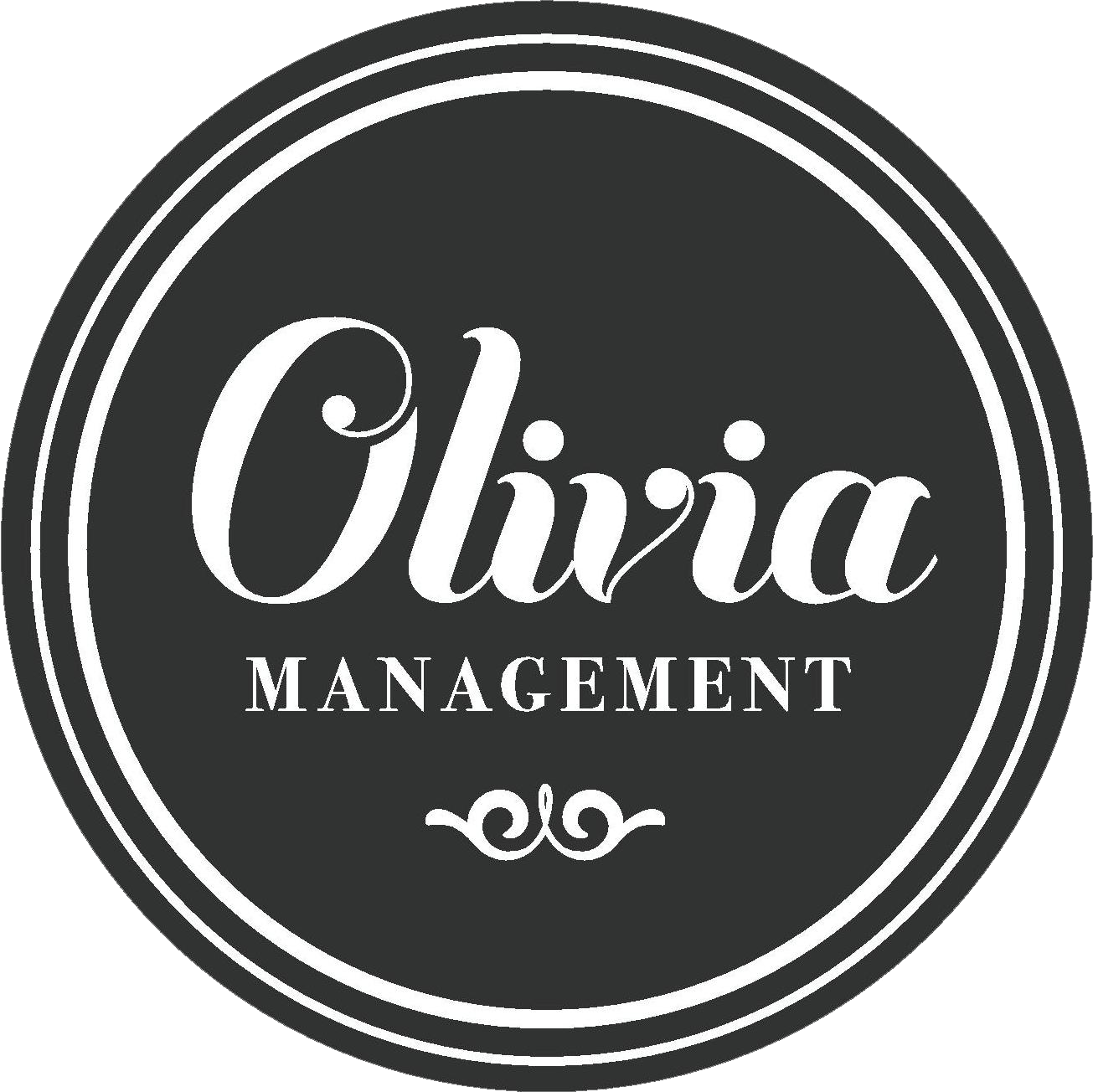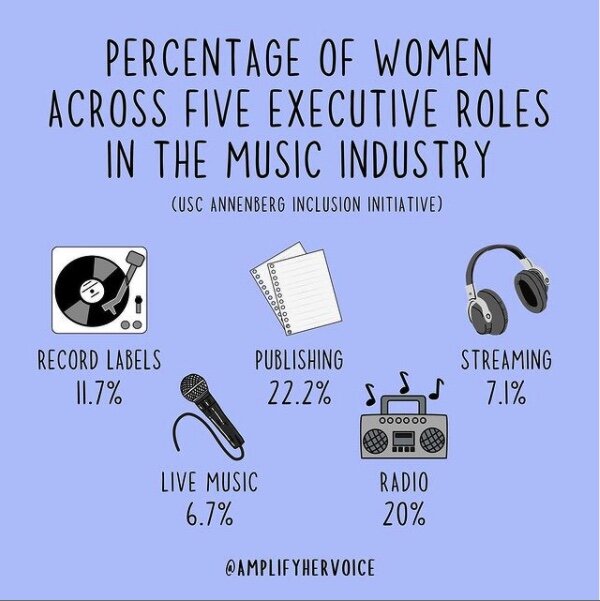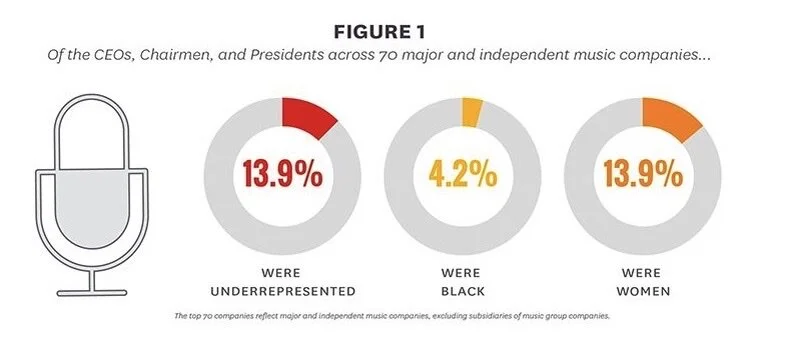Whether you’ve just started trying to establish your brand on social media or you’ve recently come down with a case of social media burnout, keep reading for three tips on how to sustainably grow your online presence in a way that’s enjoyable for you.
Focus Your Efforts on What Inspires You
First and foremost, you need to make sure that your social media strategy is centered around the platforms and forms of content that feel most authentic to you and your brand. Growing your following will be much easier if you genuinely enjoy the process. Are you the type of person who expresses themselves primarily through images and aesthetics? If so, Instagram and Pinterest could be where you thrive. Are you good at creating intriguing short videos? TikTok, Instagram Reels, and even YouTube Shorts might be your zone. Whatever your strengths are when it comes to content creation, if you put some thought into it, you’ll find a gap in the market that only you can fill.
As such, the majority of your social media activity should occur on whatever platforms inspire you. If you haven’t already, experiment with posting content that covers 3-5 different topics that interest you, and assess what kind of engagement each topic gets. Adjust the scope of your content as necessary. If you have an idea of which platforms and kinds of content you enjoy partaking in and your audience responds well to, then the next step will be fairly straight-forward, and you might have even already subconsciously implemented some of it into your strategy. If you don’t, it will hopefully help you find your content’s focus! You can also check out my last blog post where I discuss a few other things you should consider when deciding on what kind of content to post.
Seek Out Inspiration
The world of social media moves too fast for you to try to conjure up completely original ideas every time you post. Thus, it’s important for you to look to other content creators to help get your creative juices flowing. Start by looking at what other creators are doing that’s getting a lot of engagement. Specifically, pay attention to a variety of other creators whose brands are similar to yours, general trendsetters of the platform, and content curators. Save or take note of any content they post that you enjoy or that speaks to you.
With the content you’ve saved, try to identify which elements of it make it work. Which aspects can you replicate and include in your own content, and which aspects do you need to change to make it fit your brand? These could be anything from the format, the topic, the tone, or the trend that the content embodies. Searching for inspiration is an ongoing process, so if you find yourself bored of browsing content on a specific platform, that may be a sign that you should shift your focus to a different one.
Make Content Specifically for Each Platform
While you should continue to be primarily concerned with posting on the couple platforms that you identified in the steps above, it is also a good idea to have at least somewhat of a presence on every current platform, as well. That way, you will be able to reach the widest possible audience. If this sounds too daunting right now, that’s okay! Many times, however, content you post on one platform can be repurposed in a way that works for other platforms, so you really don’t have to invest much more energy in this process. For instance, if you make YouTube videos, you can take snippets and post them on places like Instagram or Facebook.
However, take heed, since platforms will punish you for posting content that is not native to them and/or directs users off their sites. For example, Instagram’s algorithm will suppress TikToks that are reuploaded to Reels (side tip: editing your TikToks/Reels in a third-party app and then uploading them to each respective platform can remedy this), and Facebook’s algorithm will suppress your post if it includes a link to a YouTube video instead of a video that is uploaded natively to Facebook. Therefore, make sure to upload content natively to each platform!
Moreover, it’s important that you use each platform as intended. While it would be extremely time-consuming to be totally invested in the cultures of every current platform, you should at least know the basics of each platform you intend on using, such as the optimal aspect ratio of pictures and lengths of different types of videos on Instagram. Check out these Sprout Social guides on social media image and video specs, respectively. If you don’t take the time to learn these things, your content will likely look out of place.
Overall, if you’ve grown weary of trying to foster your social media presence, you might just need to rethink the way you go about it! Start by focusing on specific platforms and forms of content that inspire you most, and stay up-to-date with what other creators are posting to add fuel and ideas to your creative fire. Once you’ve got those steps down, start to build up your presence on other platforms while keeping your efforts centered on those platforms and forms of content that inspire you. Best of luck!







